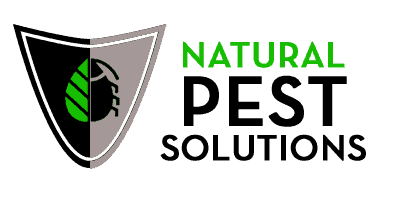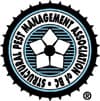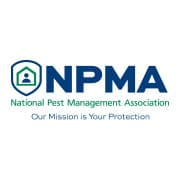If you’re wondering how to keep pests from destroying your property, you may be unsure of the difference between fumigation and pest control. Both treatments use toxic chemicals and require thorough inspection of your home. Fumigation also requires sealing off all possible exit routes. In addition to the chemicals, you’ll need to wear protective gear, such as eye, nose, and mouth protection. Fumigation is an effective way to ensure that your house will be pest-free for a long time.
One of the most popular and effective methods of removing pests is fumigation, which is also known as tenting. Fumigation is the most drastic form of pest control, often used in severe infestations. This method is effective for killing bedbugs, roaches, termites, and other pests, but it can also be dangerous if not done correctly. Here’s what you need to know about fumigation.
When choosing between extermination and fumigation for pest control, keep in mind that a chemical-based method does not take into account the future of pests. Chemicals may kill the majority of insects, but they won’t eliminate the eggs and larvae, allowing the pests to multiply and repopulate. A pest expert, on the other hand, will consider long-term control and look for a more permanent solution.
Biological control is an alternative to fumigation and uses a living organism to kill pests. Biological agents can eliminate pests without the use of chemicals, but they do not prevent the development of resistance. Additionally, biopesticides are not harmful to the environment, and they are sometimes useful. But, these pesticides are not used in every situation. To decide which one is best for your situation, you should consider the risks associated with each. Most important Get help from a professional.
Biological control has numerous advantages, including the fact that it is inexpensive, easy to implement, and requires little human intervention. Because the pests are usually indigenous, the natural enemies will kill them. Biological control is most effective against foreign pests, while fumigation is more effective against native insects. However, this method can be unsuccessful for some reasons, such as the release of inoculated natural enemies at the wrong time or the lack of synchronization between the pest’s life cycle and the release of the agents.
Pesticides are used in both chemical and fumigation treatments for different types of pests. While both methods work in different ways, they do have their place. Fumigation, for instance, is an excellent choice for homes that are plagued with termites and other pests, but the chemicals used can be hazardous to other insects or even to humans. Therefore, it is important to select a pesticide designed specifically for the pest you’re trying to eradicate. Use only what is necessary and follow the label’s directions.
While fumigation can kill insects and other pests, chemical treatments can be more effective than fumigants. Fumigation is used for some industrial applications, such as the maintenance of roadsides. Pesticides can also be used to treat aquatic plants, such as mosquitoes and other species that can pose a health risk to humans. Chemical treatment methods are not limited to landscapes. They can also be used for wood-destroying insects like termites, and in homes and storage sheds.
Before deciding between fumigation and tenting for pest control, read this, consider what each method will cost you. Fumigation is the most expensive method, but the benefits of tenting are many. Fumigation is more convenient and is often preferred for large properties. It seals in the pest population, eliminating it permanently. Tenting, on the other hand, is not as costly but requires preparation. For example, you must prepare your yard before fumigation. In addition, you should prepare your neighbors for the upcoming process by warning them to stay away from your home. If you have children or curious pets, you may want to contact a pest control company to prevent them from seeing the tents. Tenting, on the other hand, does not send pests into neighboring homes, but can be effective when the infestation is severe.
The only drawback to fumigation is the time required. Although it does a great job of eliminating current pest populations, fumigation does not prevent termites from returning. It is important to take preventive measures before the fumigation process to ensure the best results. If you’re not sure which method is best for your home, Imperial Pest Prevention offers an informative checklist and prep sheet to help you make the right decision.



